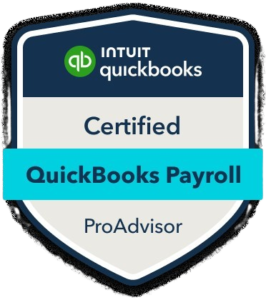
Top 5 Bookkeeping Mistakes Small Businesses Make and How to Avoid
Top 5 Bookkeeping Mistakes Small Businesses Make and How to Avoid Them
Accurate bookkeeping is crucial for the success of any small business. However, many entrepreneurs make common mistakes that can lead to financial trouble. Here are the top five bookkeeping mistakes small businesses make and how to avoid them:
- Neglecting to Keep Accurate Records
- Mistake:Â Failing to maintain detailed and accurate records can lead to incomplete financial data and compliance issues.
- How to Avoid:Â Implement a consistent system for tracking all transactions. Use accounting software to streamline the process and ensure you record every expense and income.
- Mixing Personal and Business Finances
- Mistake:Â Using the same account for personal and business expenses can create confusion and make it difficult to track your business’s financial health.
- How to Avoid:Â Open a separate bank account and credit card for business transactions. This will help keep your personal and business finances distinct and simplify bookkeeping.
- Ignoring Regular Reconciliation
- Mistake:Â Failing to regularly reconcile bank statements with your bookkeeping records can lead to errors and discrepancies that go unnoticed.
- How to Avoid:Â Schedule monthly reconciliations to compare your bank statements with your accounting records. This will help identify and correct errors promptly.
- Overlooking Receipts and Documentation
- Mistake:Â Not keeping receipts or documentation for transactions can lead to difficulties during tax season and potential disputes with tax authorities.
- How to Avoid:Â Keep all receipts and documentation related to business expenses. Consider using digital tools to scan and store documents securely for easy access and organization.
- Delaying Bookkeeping Tasks
- Mistake:Â Putting off bookkeeping tasks can result in a backlog of work, increased stress, and a higher chance of errors.
- How to Avoid:Â Set aside regular time each week to update your books and manage financial tasks. Consistency is key to maintaining accurate and up-to-date records.
By avoiding these common bookkeeping mistakes, small business owners can better manage their finances, ensure compliance, and make informed business decisions. Implementing these best practices will help set a solid foundation for financial stability and growth.

